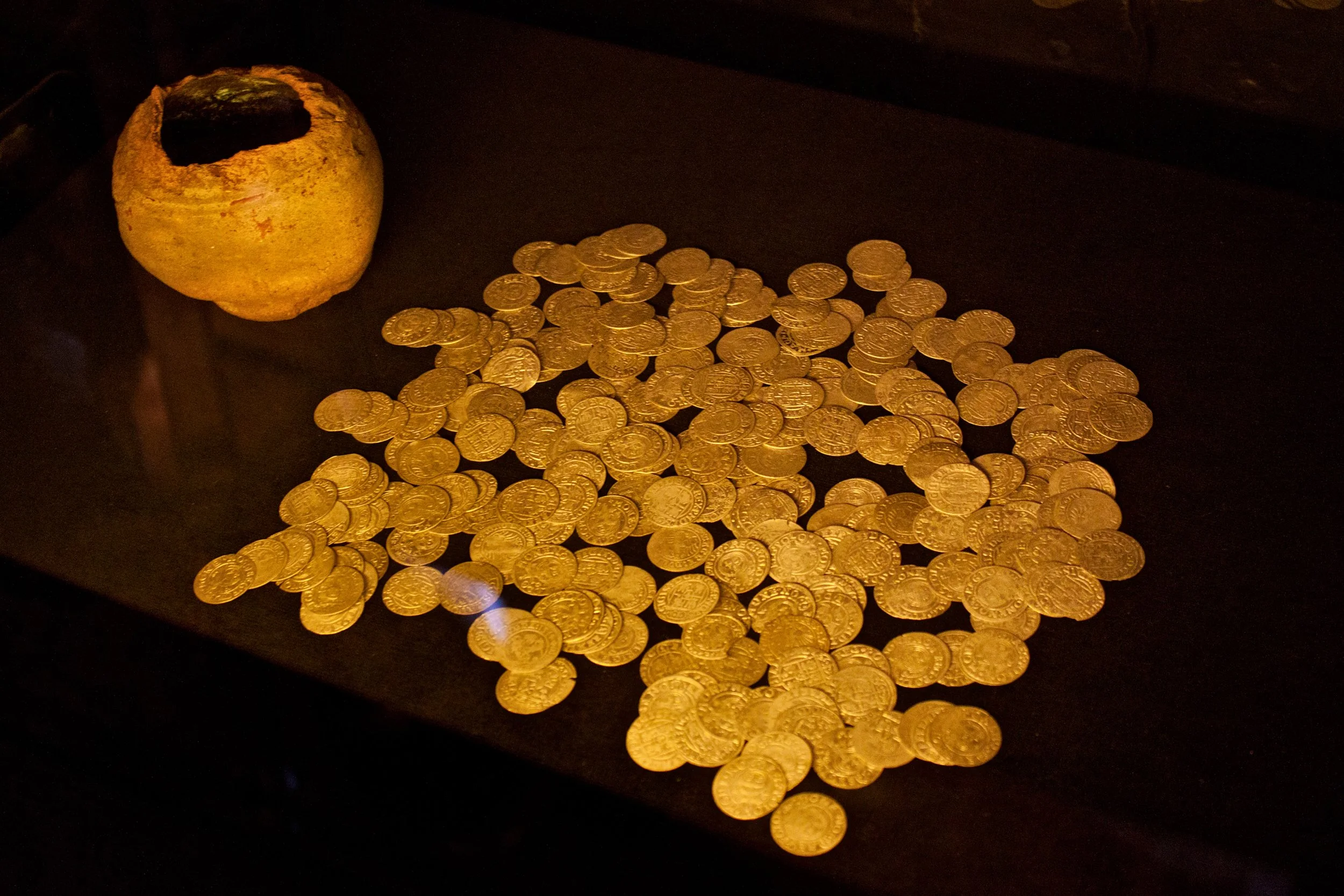In Surah al-Mujadilah Allah promised that the believers will prevail over the people who follow shayṭan, and Surah al-Ḥashr demonstrates how this happens through the Battle of Banu Naḍir.
Allah teaches us how He instills fear in the hearts of His enemies, thereby making it easy for the believers to overcome them and deliver the justice that they deserve for betraying the Messenger of Allah. He also shows us how the Messenger of Allah is further supported through the spoils of war that Allah has given him rights over thereby enabling a more equitable distribution of wealth. This is important because, in the past, the wealthy were in much better positions to participate in war. They had the means to gather equipment and men to fight in battle through which they earned access to the spoils. Meanwhile, the less fortunate people, such as the poor and orphans, would be at a natural disadvantage.













